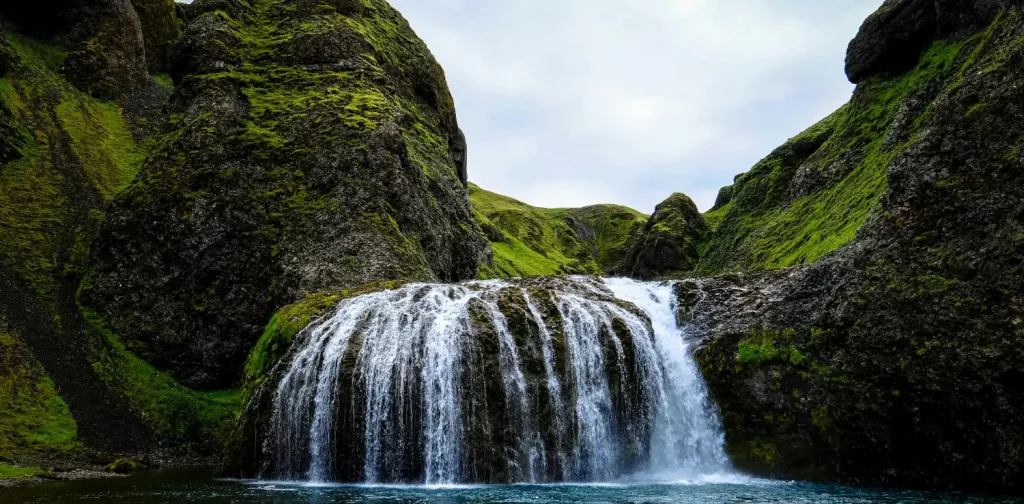Recognizing the Rights of Nature (RoN)

Photo: Franscesco Ungaro on Pexels.
We all have heard about human rights, but what about the rights of nature? An expanding global movement is attempting to grant plants, animals, and ecosystems some of the same legal protections as humans, and it is even being implemented in several countries to protect their environment. So what exactly are the rights of nature?
Rights of Nature (RoN)
Rights of Nature (RoN) can be defined as a legal framework that recognizes the intrinsic rights of nature, including ecosystems and species, and holds them to the same standards of protection as people and corporations.
According to the Global Alliance for the Rights of Nature (GARN), the concept of RoN centers on striking a balance between human wellbeing and the welfare of other species and the planet as a whole. Instead of becoming property, the rights of nature recognize that nature in all its life forms has the right to continuously exist, thrive, and renew its essential vital cycles. Therefore, it becomes our duty as citizens to uphold these legal rights on behalf of ecosystems.
Including the Rights of Nature (RoN) in the constitution can provide a legal right for people to speak up for the environment. What makes RoN quite special and different from other policy concepts is its broad scope. The legislation of RoN aims for a higher and more comprehensive level of protection than regulations like Nature Conservation Regulation, which safeguards particular species.
International Implementation
The concept of rights of nature was first enacted in 2006 by several communities in the United States, such as Tamara Borough, Schuylkill County, Pennsylvania. Then, in 2008, Ecuador became the first country to recognize the RoN in its constitution.
In 2024, Aruba, one of the most tourism-dependent countries in the world, has proposed a constitutional amendment that would make it the second country in the world to recognize the inherent rights of nature.
Although being famous for its tourism, Aruba faces a variety of environmental issues, such as waste-burning in landfills, which causes air pollution and poses an environmental and health risk; overexploitation and destructive fishing practices; and other issues related to climate change effects.
In an effort to address these environmental issues, the government of Aruba has drafted the rights of nature into its constitution. Minister of Environment Ursell Arends said, “By working together, we can protect what is rightfully ours and rebalance the relationship between humans and nature. Nature does not have any rights over us. Nature is entitled. This is the initial step toward realizing that.”
Just the Beginning
The Rights of Nature (RoN) can be a powerful tool to protect the environment and advance sustainable development. Specifically, it can be relevant and applicable to countries that are primarily dependent on their natural environment.
The successful implementation of RoN requires participation from the whole-of-society. However, effective and regular efforts from the government will be where the most vital components are—from adoption and implementation to monitoring and continuous evaluation to robust enforcement. After all, recognizing the rights of nature in the constitution is only the beginning of building a nation that serves its people and the planet.
Editor: Nazalea Kusuma

Co-create positive impact for people and the planet.
Amidst today’s increasingly complex global challenges, equipping yourself, team, and communities with interdisciplinary and cross-sectoral insights on sustainability-related issues and sustainable development is no longer optional — it is a strategic necessity to stay ahead and stay relevant.


 Impacts of E-waste Pollution on Animals and Human Health
Impacts of E-waste Pollution on Animals and Human Health  Africa’s Solar Energy Surge: Why 2025 Was a Breakthrough Year
Africa’s Solar Energy Surge: Why 2025 Was a Breakthrough Year  Agrihoods: Integrating Farms and Urban Neighborhoods into Sustainable Communities
Agrihoods: Integrating Farms and Urban Neighborhoods into Sustainable Communities  Women in Waste Management: Asia’s Circularity Runs on Women. Its Policies Still Don’t
Women in Waste Management: Asia’s Circularity Runs on Women. Its Policies Still Don’t  Embracing the Business Value of Sustainability
Embracing the Business Value of Sustainability  American Farmers Call for Government Support Amidst PFAS Contamination
American Farmers Call for Government Support Amidst PFAS Contamination